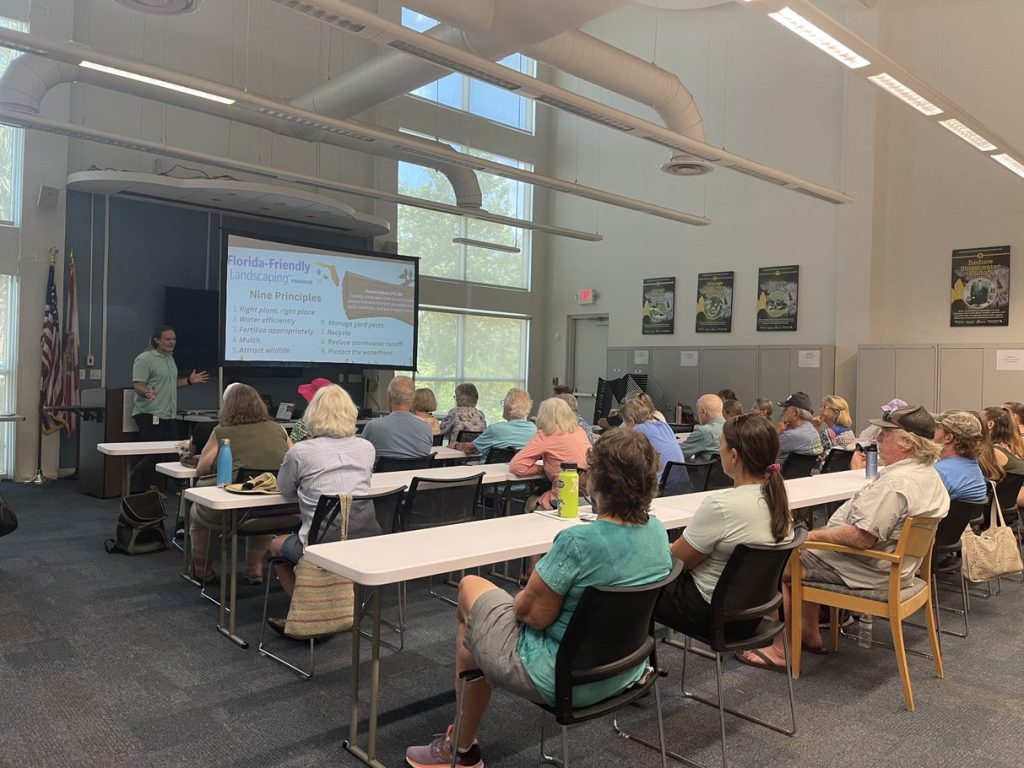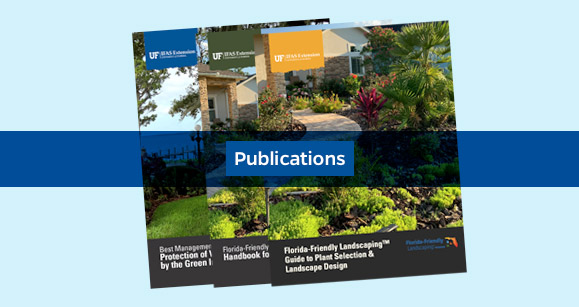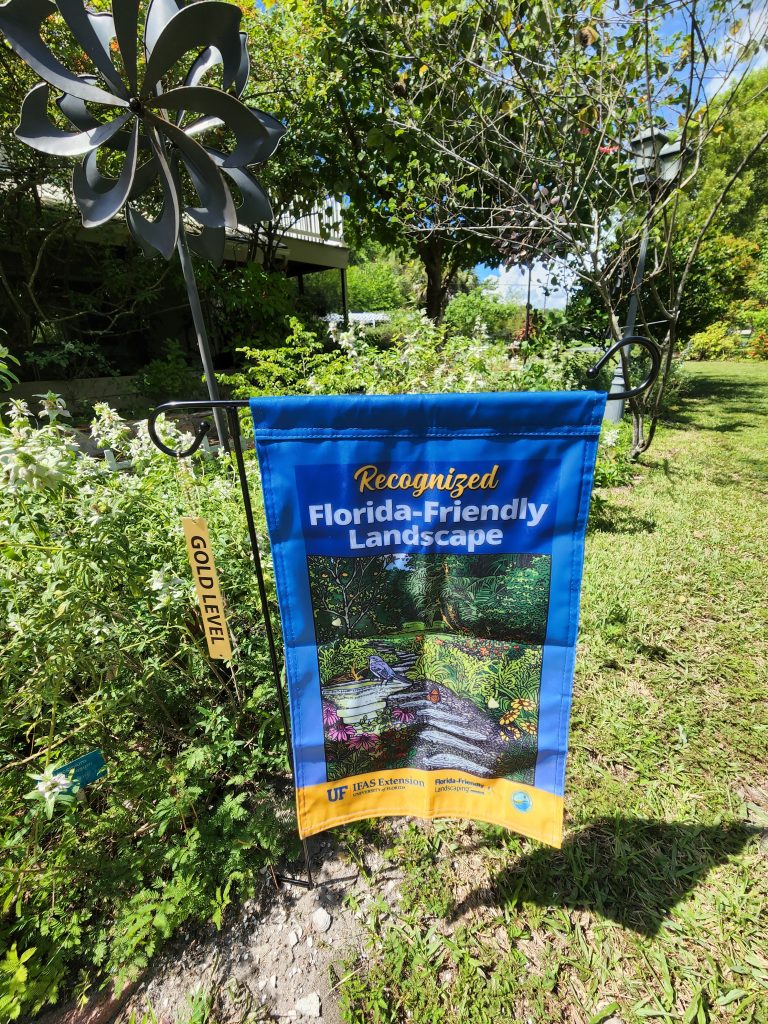Welcome to Florida! As a new resident, you’ll soon discover that the Sunshine State has a unique climate and ecosystem that requires special considerations when it comes to landscaping. Whether you’re looking to create a lush garden or a simple, low-maintenance yard, the Florida-Friendly Landscaping™ (FFL) Program is your go-to resource for sustainable and environmentally friendly gardening practices.

Understanding the Florida-Friendly Landscaping™ Program
The Florida-Friendly Landscaping™ Program was created by the University of Florida’s Institute of Food and Agricultural Sciences (UF/IFAS) in collaboration with the Florida Department of Environmental Protection in the 1990s. The program aims to guide homeowners and professionals in creating and maintaining attractive landscapes that protect natural resources like water quality and preserve Florida’s unique environment.
These goals are met by following the nine core principles of Florida-Friendly Landscaping™ Program:
- Right Plant, Right Place – Choosing plants suited to your site’s specific conditions.
- Water Efficiently – Using irrigation systems wisely to conserve water.
- Fertilize Appropriately – Applying fertilizers responsibly to prevent runoff and pollution.
- Mulch – Using mulch to retain soil moisture and protect plants.
- Attract Wildlife – Creating habitats to support birds, bees, and other beneficial creatures.
- Manage Yard Pests Responsibly – Reducing chemical use through integrated pest management.
- Recycle Yard Waste – Composting and recycling yard debris to enrich the soil.
- Reduce Stormwater Runoff – Implementing landscape designs and tools that minimize water runoff.
- Protect the Waterfront – Safeguarding waterways by maintaining buffer zones and using eco-friendly practices.
These principles are important because they help conserve Florida’s precious water resources, reduce pollution, and maintain the health of local ecosystems. By following these guidelines, residents can enjoy beautiful landscapes that are both sustainable and in harmony with the natural environment.

Implementing Florida-Friendly Landscaping
Ready to get Florida-Friendly? First take the pledge that you are committed to doing your part in protecting Florida. Implementing Florida-Friendly Landscaping principles is both practical and rewarding. Start by assessing your yard and identifying areas where you can apply these principles. For instance, plant native species that require less water and are more resistant to local pests. Use mulch around your plants to help retain moisture and suppress weeds. Consider installing a rain barrel to collect and reuse rainwater for irrigation.
For those seeking guidance, the Florida-Friendly Landscaping™ Program offers a variety of resources. You can attend classes and workshops offered by UF/IFAS Extension offices across the state. The ones offered in Sarasota County can be found on our Eventbrite page. These classes cover topics such as landscaping for wildlife, irrigation techniques, and sustainable pest management.
Additionally, there are numerous resources available, like “The Florida-Friendly Landscaping™ Guide to Plant Selection & Landscape Design” which provides detailed advice and plant recommendations. This can be picked up at your local Extension Office. The Sarasota County Extension Office is located at 6700 Clark Road (Twin Lakes Park, Green Building)
Sarasota, Fla. 34241.

Homeowners can also apply for grants to support their landscaping projects. These grants, often provided by local governments and environmental organizations, can help fund the purchase of native plants, installation of irrigation systems, and other Florida-Friendly Landscaping initiatives. By utilizing these resources, new residents can transform their yards into beautiful, sustainable spaces that contribute to the health and beauty of Florida’s environment. Locally we have the Neighborhood Initiative Grant that can help communities implement Florida-Friendly Landscaping™.
Finally, once your landscape is Florida-Friendly get recognized through our free recognition program. You will be showing off you are doing your part in protecting Florida while getting others interested in the program also! You can also request a speaker for your neighborhood or HOA that can help drum up local support for more sustainable landscapes in your community.
During the preparation of this work, the author used ChatGPT to help build the blog post. After using this tool/service, the author reviewed and edited the content, and takes full responsibility for the content of the publication.
 5
5
